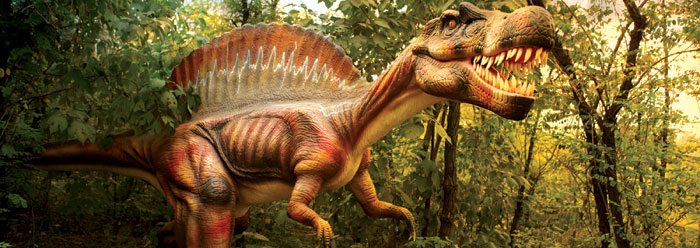
Everything Has a Cause
In ordinary experience, one knows intuitively that nothing happens in isolation. Every event can be traced to one or more events which preceded it and that, in fact, caused it. We ask: "How did this happen?" "What caused this?" "Where did this come from?" "When did it start?" Or, more incisively, "Why did this happen?"
When we try to trace the event to its cause, or causes, we find that we never seem to reach a stopping point. The cause of the event was itself caused by a prior cause, which was affected by a previous cause, and so on back.
Police investigators on an accident scene, for instance, use the principles of cause and effect every day to determine who was ultimately responsible and how it happened.
Eventually, we must face the question of the original cause—and uncaused First Cause.
A scientific experiment specifically tries to relate effects to causes, in the form of quantitative equations if possible. Thus, if one repeats the same experiment with exactly the same factors, then exactly the same results will be reproduced. The very basis of the highly reputed "scientific method" is this very law of causality—that effects are in and like their causes, and that like causes produce like effects. Science in the modern sense would be altogether impossible if cause and effect should cease.
This law inevitably leads to a choice between two alternatives: (1) an infinite chain of nonprimary causes (nothing ultimately responsible for all observable causes and effects); or (2) an uncaused primary Cause of all causes (the One absolute Cause that initiated everything).









